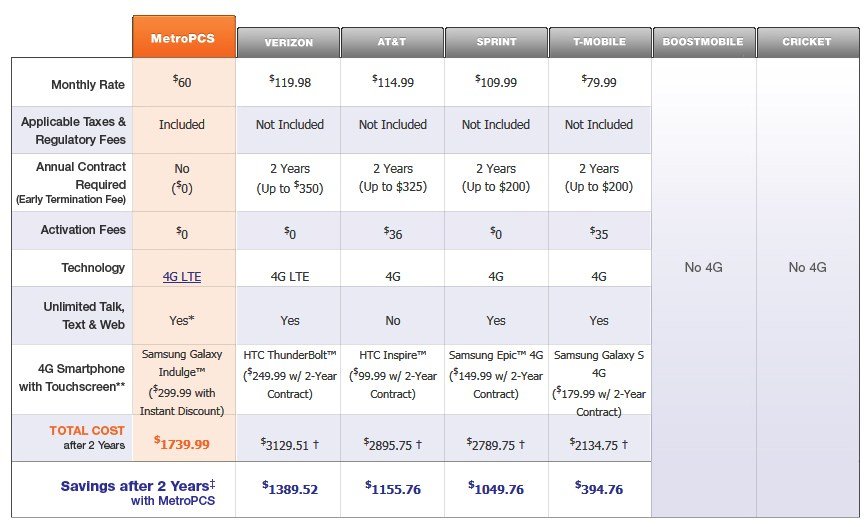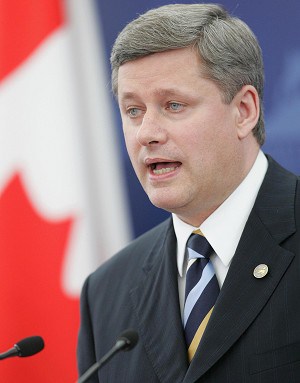Stop the Cap! reader Kimon discovered the debate over Net Neutrality is far from over when alerting us to a strong rebuke of the net policy in a number of newspapers published regionally by GateHouse Media.
Macedon, N.Y. resident Cheryl Miller doesn’t like the federal government involving itself in the Internet, and considers the “physical part of the Internet” the private property of Internet Service Providers:
When a progressive liberal takes up a cause, you can bet he’s found another way to undermine someone else’s liberty. The issue of “net neutrality” is a prime example of this rule.
The concept of net neutrality has piggybacked into recent public interest stories about groups with high-minded names like Free Press and Public Knowledge — stories about Internet-assisted food, clothing and book drives for the needy around the world, and other such humanitarian and environmental endeavors. It is sneakily implied that the success of such undertakings are the result of net neutrality principles, but they are not.
[…] Proposed net neutrality legislation would prohibit ISPs from charging different rates for various types of content or services, such as is done with cable and satellite television (think pay-per-view and premium channels). Restricting ISPs from operating in profitable ways is a disincentive to invest in more bandwidth to better serve customers, and likewise discourages innovations that could benefit consumers. More regulation will result in less profit, less competition, higher prices and a stunted Internet.
For Miller, any government policy that interferes with AT&T, Verizon, and Comcast’s view of how the Internet should be ordered amounts to a government takeover of the Internet, especially when the government can tell providers they cannot prioritize traffic or charge customers different prices to access different content.
Here at Stop the Cap!, we were unimpressed with Miller’s arguments and partisan cheap shots, especially at the expense of public policy groups like Free Press and Public Knowledge. Perhaps she does not realize conservative groups like the Christian Coalition of America are also supporters of Net Neutrality. But we don’t necessarily blame her either, considering all of the money being spent by corporate-funded groups to distort Net Neutrality’s ultimate goal: to ensure the same formula that made the Internet a runaway success is kept firmly in place.
Our formal response appeared in the same newspapers this afternoon:
Miller has fundamentally misunderstood what “net neutrality” is all about, and that may not be her fault. Millions are being spent by big cable and phone company lobbyists and their “dollar-a-holler” advocacy groups to distort net neutrality’s guarantee of a free and open Internet. This is not a government takeover of the Internet. It’s an insurance policy that keeps rapacious phone and cable companies from finding new ways to raise prices for Internet access and control which websites get priority and which go to the back of the line.
The concept is simple. You already pay plenty to your local phone or cable company to cover their costs providing access to the Internet and the online content you enjoy. Our website, along with every other, contributes our fair share by paying a web hosting company to make that content available online. Now big cable and phone companies want to be paid twice to deliver that content — once by you and once again by me. Imagine paying for a long-distance call and learning AT&T also wants to bill whoever answers.
What happens if a website refuses to pay? They can block access, artificially slow it down or charge a pay-per-view fee each time you visit, on top of your monthly Internet bill. Here’s the real kicker. They could charge you extra to read this newspaper online, and keep all of the proceeds for themselves.
That sure sounds like making money off someone else’s hard work. I’m sure Miller would be displeased if I billed everyone $5 to read her column in a newspaper I don’t own.
The truth is, companies like Verizon and Time Warner Cable are well-paid, overpaid if you ask me, to deliver broadband service they collectively earn billions in profits providing. But anyone who pays a cable bill already knows it’s never enough. These are the same companies that want the right to charge you for every website you visit while opposing letting you pay for only the TV channels you want to watch.
Phillip M. Dampier of Brighton is the editor of Stop the Cap!, a consumer broadband advocacy website.


 Subscribe
Subscribe







